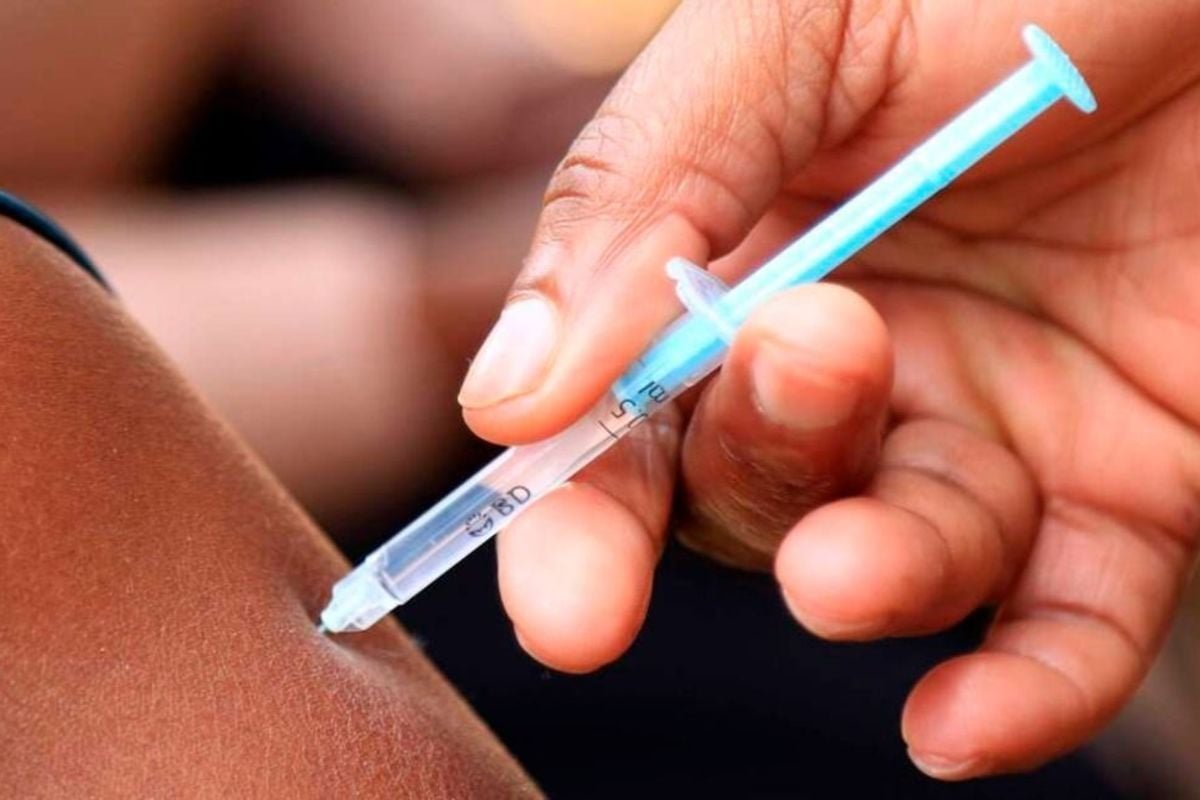NAIROBI, Kenya — The World Health Organization (WHO) has officially endorsed the global introduction of Lenacapavir (LEN), an injectable medication designed for HIV prevention. Kenya has been designated as one of nine early adopter countries chosen for the initial implementation of this groundbreaking drug.
According to the National AIDS and STI Control Program (NASCOP), this innovative HIV prevention treatment is expected to be accessible in Kenya by January 2026.
“The Ministry of Health through NASCOP in collaboration with various partners, is actively working to ensure the availability of this innovative product for Kenyans by January 2026,” NASCOP stated, emphasizing their commitment to its swift introduction.
The World Health Organization’s new guidelines recommend the use of LEN administered twice a year as an additional pre-exposure prophylaxis (PrEP) option for HIV prevention. This marks a historic policy shift that is anticipated to significantly influence the global response to HIV.
Lenacapavir distinguishes itself as the first twice-annual injectable PrEP product, offering a highly effective, long-acting alternative to daily oral pills and other shorter-acting prevention methods.
WHO indicated that LEN will provide crucial protection for individuals at risk of HIV, particularly those who encounter difficulties with daily medication adherence, face stigma, or have limited access to consistent healthcare services.
“While an HIV vaccine remains elusive, Lenacapavir is the next best thing: a long-acting antiretroviral shown in trials to prevent almost all HIV infections among those at risk,” affirmed WHO Director-General Dr. Tedros Adhanom Ghebreyesus.
Also Read: UNAIDS chief warns millions more will die without US funding on HIV response
These new guidelines emerge at a critical juncture, given the plateau in global HIV prevention efforts, with 1.3 million new HIV infections reported in 2024.
As of the end of 2024, an estimated 40.8 million people worldwide were living with HIV, with approximately 65% of these cases concentrated within the WHO African Region. Globally, HIV-related causes led to roughly 630,000 deaths, and an estimated 1.3 million new infections occurred, including 120,000 children.
Despite these challenges, access to antiretroviral therapy (ART) continues to show improvement, with 31.6 million people receiving treatment in 2024, an increase from 30.3 million in 2023. The introduction of Lenacapavir aims to further bolster these efforts, providing a new powerful tool in the fight against HIV.

